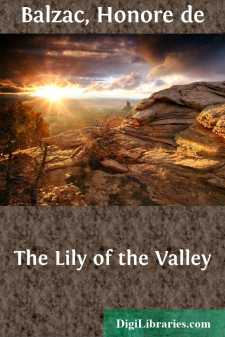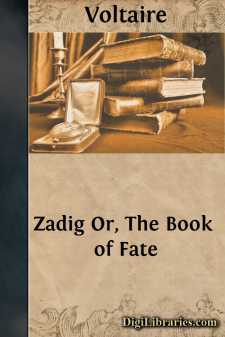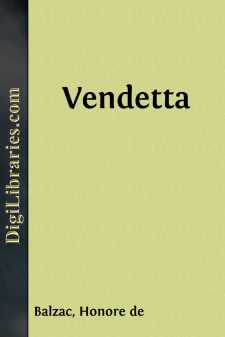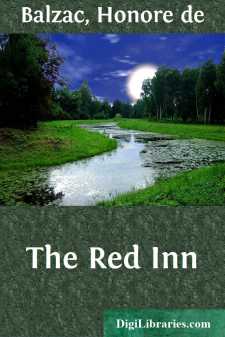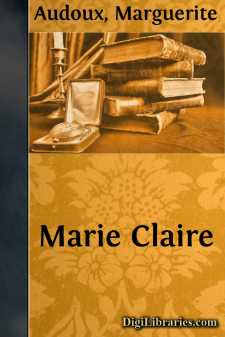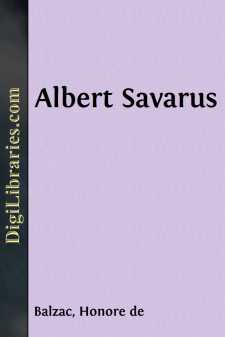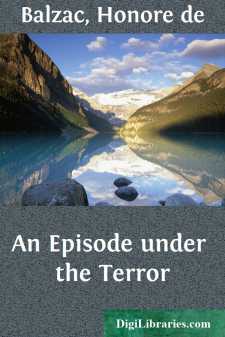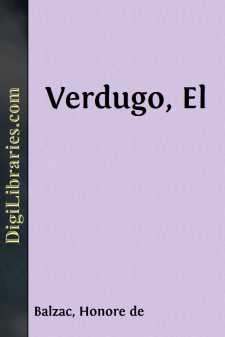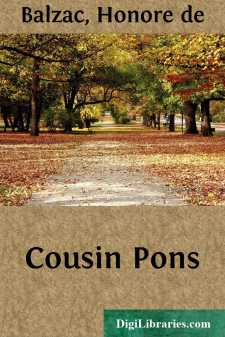Literary Collections
- American 84
- Ancient, Classical & Medieval 14
- Asian 1
- Australian & Oceanian 1
- Canadian 55
- Continental European
- English, Irish, Scottish, Welsh 179
- Essays 160
- General 24
- Letters 46
- Middle Eastern 1
Continental European Books
Sort by:
by:
Honore de Balzac
CHAPTER I. TWO CHILDHOODS To what genius fed on tears shall we some day owe that most touching of all elegies,—the tale of tortures borne silently by souls whose tender roots find stony ground in the domestic soil, whose earliest buds are torn apart by rancorous hands, whose flowers are touched by frost at the moment of their blossoming? What poet will sing the sorrows of the child whose lips must...
more...
by:
Voltaire
The 18th of the Month Scheval, in the Year of the Hegira, 837. Thou Joy of ev’ry Eye! Thou Torment of every Heart! Thou Intellectual Light! I do not kiss the Dust of thy Feet; because thou seldom art seen out of the Seraglio, and when thou art, thou walkest only on the Carpets of Iran, or on Beds of Roses. I here present you with a Translation of the Work of an ancient Sage, who having the Happiness...
more...
by:
Honore de Balzac
CHAPTER I. PROLOGUE In the year 1800, toward the close of October, a foreigner, accompanied by a woman and a little girl, was standing for a long time in front of the palace of the Tuileries, near the ruins of a house recently pulled down, at the point where in our day the wing begins which was intended to unite the chateau of Catherine de Medici with the Louvre of the Valois. The man stood there with...
more...
by:
Honore de Balzac
THE RED INN In I know not what year a Parisian banker, who had very extensive commercial relations with Germany, was entertaining at dinner one of those friends whom men of business often make in the markets of the world through correspondence; a man hitherto personally unknown to him. This friend, the head of a rather important house in Nuremburg, was a stout worthy German, a man of taste and...
more...
INTRODUCTION The origins of this extraordinary book are sufficiently curious and sufficiently interesting to be stated in detail. They go back to some ten years ago, when the author, after the rustic adventures which she describes in the following pages, had definitely settled in Paris as a working sempstress. The existence of a working sempstress in Paris, as elsewhere, is very hard; it usually means...
more...
by:
Honore de Balzac
ALBERT SAVARUS One of the few drawing-rooms where, under the Restoration, the Archbishop of Besancon was sometimes to be seen, was that of the Baronne de Watteville, to whom he was particularly attached on account of her religious sentiments. A word as to this lady, the most important lady of Besancon. Monsieur de Watteville, a descendant of the famous Watteville, the most successful and illustrious of...
more...
by:
Honore de Balzac
AN EPISODE UNDER THE TERROR On the 22nd of January, 1793, towards eight o'clock in the evening, an old lady came down the steep street that comes to an end opposite the Church of Saint Laurent in the Faubourg Saint Martin. It had snowed so heavily all day long that the lady's footsteps were scarcely audible; the streets were deserted, and a feeling of dread, not unnatural amid the silence,...
more...
by:
Honore de Balzac
EL VERDUGO The clock of the little town of Menda had just struck midnight. At that moment a young French officer, leaning on the parapet of a long terrace which bordered the gardens of the chateau de Menda, seemed buried in thoughts that were deeper than comported with the light-hearted carelessness of military life; though it must be said that never were hour, scene, or night more propitious for...
more...
by:
Various
THE LIFE OF GEORG WILHELM FRIEDRICH HEGEL BY J. LOEWENBERG, PH.D. Assistant in Philosophy, Harvard University Among students of philosophy the mention of Hegel's name arouses at once a definite emotion. Few thinkers indeed have ever so completely fascinated the minds of their sympathetic readers, or have so violently repulsed their unwilling listeners, as Hegel has. To his followers Hegel is the...
more...
by:
Honore de Balzac
COUSIN PONS Towards three o'clock in the afternoon of one October day in the year 1844, a man of sixty or thereabouts, whom anybody might have credited with more than his actual age, was walking along the Boulevard des Italiens with his head bent down, as if he were tracking some one. There was a smug expression about the mouth—he looked like a merchant who has just done a good stroke of...
more...


